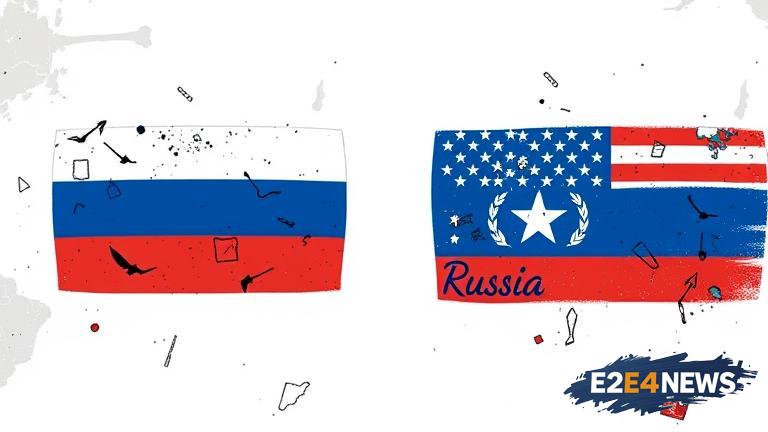In a significant development, Russia has announced its withdrawal from the Intermediate-Range Nuclear Forces Treaty, a landmark nuclear arms control agreement signed in 1987. The move comes amidst rising tensions between Russia and the United States, with Moscow blaming Washington for the collapse of the treaty. According to Russian officials, the US deployment of missile defense systems in Europe and the development of new missile technologies have undermined the treaty’s effectiveness. The INF Treaty, signed by then-US President Ronald Reagan and Soviet leader Mikhail Gorbachev, banned the development, production, and deployment of ground-launched missiles with ranges between 500 and 5,500 kilometers. The treaty played a crucial role in reducing the risk of nuclear war in Europe during the Cold War era. However, in recent years, both the US and Russia have accused each other of violating the treaty’s provisions. The US has long complained about Russia’s development of the 9M729 cruise missile, which it claims has a range that exceeds the treaty’s limits. Russia, on the other hand, has pointed to the US deployment of missile defense systems in Romania and Poland, which it believes could be used to launch offensive missiles. The collapse of the INF Treaty has sparked concerns about a new arms race between the US and Russia, with potentially devastating consequences for global security. The US has already begun developing new missile systems, including a ground-launched version of the Tomahawk cruise missile. Russia, too, has announced plans to develop new nuclear-capable missiles, including a hypersonic missile system. The rising tensions between the US and Russia have also raised concerns about the potential for nuclear proliferation, with other countries potentially seeking to develop their own nuclear arsenals. China, in particular, has been watching the developments closely, with some analysts suggesting that Beijing may seek to exploit the situation to advance its own nuclear ambitions. The European Union has expressed concern about the collapse of the INF Treaty, with many member states calling for urgent diplomatic efforts to prevent a new arms race. The United Nations has also weighed in on the issue, with Secretary-General Antonio Guterres urging the US and Russia to engage in constructive dialogue to resolve their differences. Despite the challenges, some analysts believe that there may still be opportunities for diplomacy, particularly if the US and Russia can agree on a new framework for arms control. However, with tensions running high, it remains to be seen whether the two sides can find common ground. The collapse of the INF Treaty has significant implications for global security, and it is likely to dominate international headlines in the coming weeks and months. As the situation continues to unfold, one thing is clear: the world is facing a potentially catastrophic escalation of nuclear tensions, and urgent action is needed to prevent a disaster. The US and Russia must engage in constructive dialogue to resolve their differences and prevent a new arms race. The international community must also play a role in promoting diplomacy and preventing the proliferation of nuclear weapons. Only through collective action can we hope to prevent a nuclear catastrophe and ensure a safer, more secure world for all. The road ahead will be challenging, but it is not impossible. With determination, diplomacy, and a commitment to peace, we can overcome the current challenges and build a more stable, secure world. The future of humanity depends on it.





